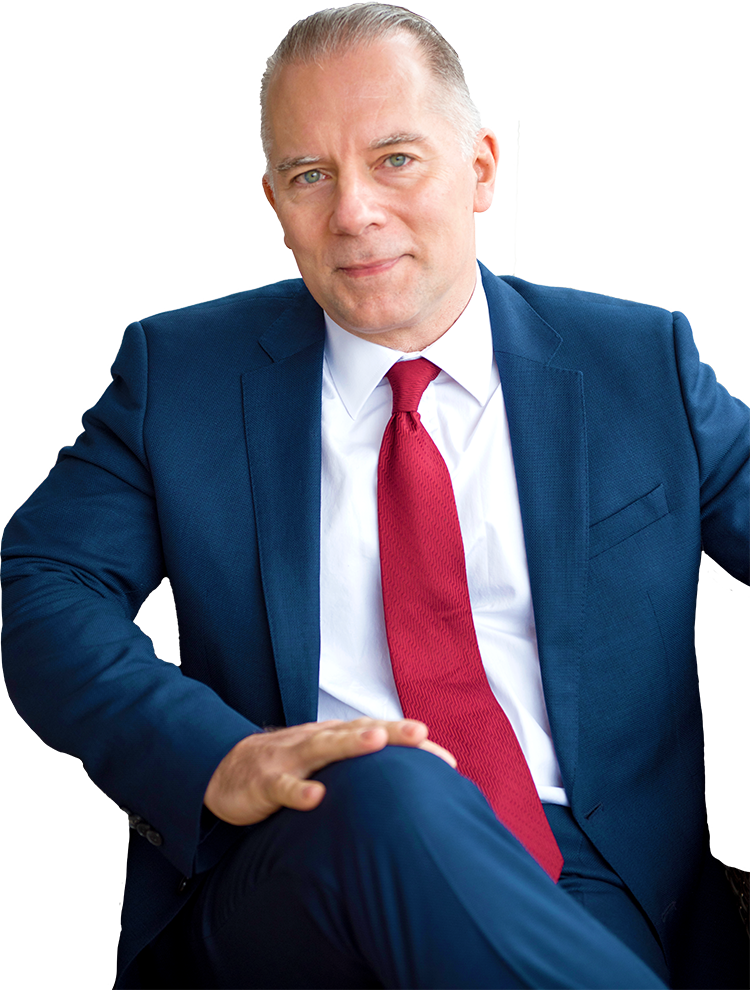Is Tesla the Next Yahoo?
Last week was a big one for Tesla shareholders.
After languishing since August, Tesla shares rallied 21.2%.
This was on the back of the news that Standard and Poor’s is adding Tesla to the S&P 500 Index.
Tesla will be the largest company to ever join the S&P 500, rocketing into the index’s top 10 holdings from day one.
If you own an S&P 500 index fund, you’ll soon be a Tesla shareholder.
Is this good news for soon-to-be Tesla shareholders?
Or is this the beginning of the end for Tesla, as it was for Yahoo back in the dot-com boom?
Of course, no one can predict the future.
But the analysis below can help you answer that question.
Does S&P Inclusion Signal a Top for Tesla?
Overhyped growth stocks often reach their peaks not long after joining the S&P 500 Index.
Yahoo joined the S&P 500 in December 1999.
The stock price peaked four months later, when Yahoo’s market cap soared to $125 billion.
Fast-forward to 2017, and Verizon purchased Yahoo for $4.5 billion – a 96% discount to its peak valuation.
Will Tesla share Yahoo’s fate?
Time will tell.
One thing is for sure. Tesla’s valuation today is nothing short of silly.
The only thing sillier is the intellectual gymnastics Morgan Stanley’s analysts go through to justify Tesla’s valuation.
Last week, the bank included Tesla’s ancillary services – like its Autopilot software, its home energy products, its insurance and the long-awaited Tesla network – in a valuation of the company.
Meanwhile, back in the real world, Tesla can’t even make any money selling cars.
Tesla’s profits come from selling regulatory credits, rather than selling cars.
Everything else is just promises on a press release.
To grow into its valuation, Tesla would have to achieve record-breaking growth and unprecedented margins, all in an increasingly competitive environment.
It may do that. But it is not a bet any rational investor would make.
Is Tesla Now a “Big Short”?
The Tesla story reminds me of Yahoo in another way.
I’ve written before about one of my favorite trades ever – Mark Cuban’s options trade on Yahoo.
In 1999, Cuban and his partner Todd Wagner sold Broadcast.com to Yahoo for $5.7 billion.
Cuban received 14.6 million shares of Yahoo.
With Yahoo shares trading at $95, he became a billionaire overnight.
Cuban wasn’t alone. The internet bubble made a lot of people rich. But after the bubble popped in March 2000, most of them lost their fortunes.
Cuban, on the other hand, actually got to keep his money.
Because he had the foresight to execute a shrewd option trade to protect his wealth.
Cuban had a feeling that Yahoo stock was funny money. Yet, as part of his deal with Yahoo, he wasn’t permitted to sell his shares immediately.
So he entered a massive options trade to protect his $1.4 billion stake.
For every 100 shares of Yahoo stock, Cuban bought one put contract (strike $85) and sold one (strike $205). The term of each option was three years.
He bought a whopping 146,000 puts and sold 146,000 calls.
The cost of the puts exactly offset the premium of the calls. So Cuban’s trade was practically free.
At first, it looked like the trade was a costly mistake.
Yahoo’s share price shot up to $237 by January 2000 – much higher than the sale price of his $205 call options.
Then the internet bubble burst.
And two years later, Yahoo shares had sunk to $13.
If Cuban hadn’t executed his options trade, he would have lost more than 85% of his wealth.
Instead, he managed to hold on to almost all of his money.
Tesla bears could replicate the same trade today.
The bottom line?
Yes, the news of Tesla entering the S&P 500 is bullish.
Bloomberg estimates that when Tesla joins the S&P 500, index funds will have to buy roughly $40 billion worth of the company’s shares.
But remember, as public knowledge, this news is baked into the share price.
Here’s my hypothesis: Tesla’s admission into the S&P 500 just might signal the end of its historic run.
Put another way…
Tesla is not the next Apple.
It is the next Yahoo.
About Nicholas Vardy
An accomplished investment advisor and widely recognized expert on quantitative investing, global investing and exchange-traded funds, Nicholas has been a regular commentator on CNN International and Fox Business Network. He has also been cited in The Wall Street Journal, Financial Times, Newsweek, Fox Business News, CBS, MarketWatch, Yahoo Finance and MSN Money Central. Nicholas holds a bachelor’s and a master’s from Stanford University and a J.D. from Harvard Law School. It’s no wonder his groundbreaking content is published regularly in the free daily e-letter Liberty Through Wealth.






